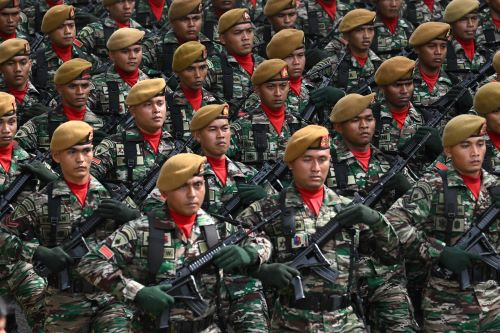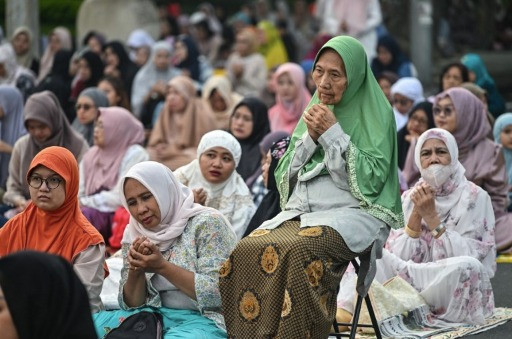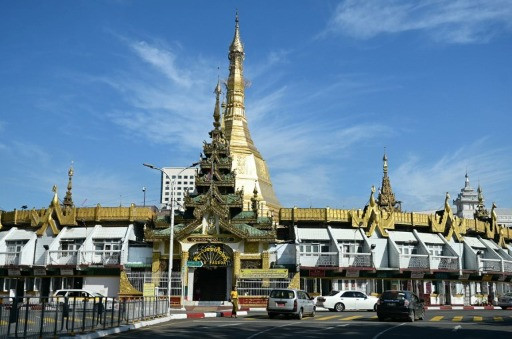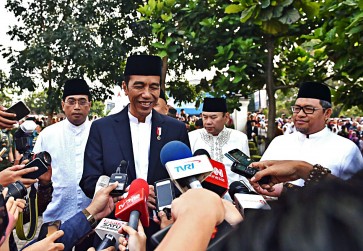Globalization, protectionism, populism under Jokowi
Jokowi's stance appears as a mix between pragmatism and ambivalence.
Change Size
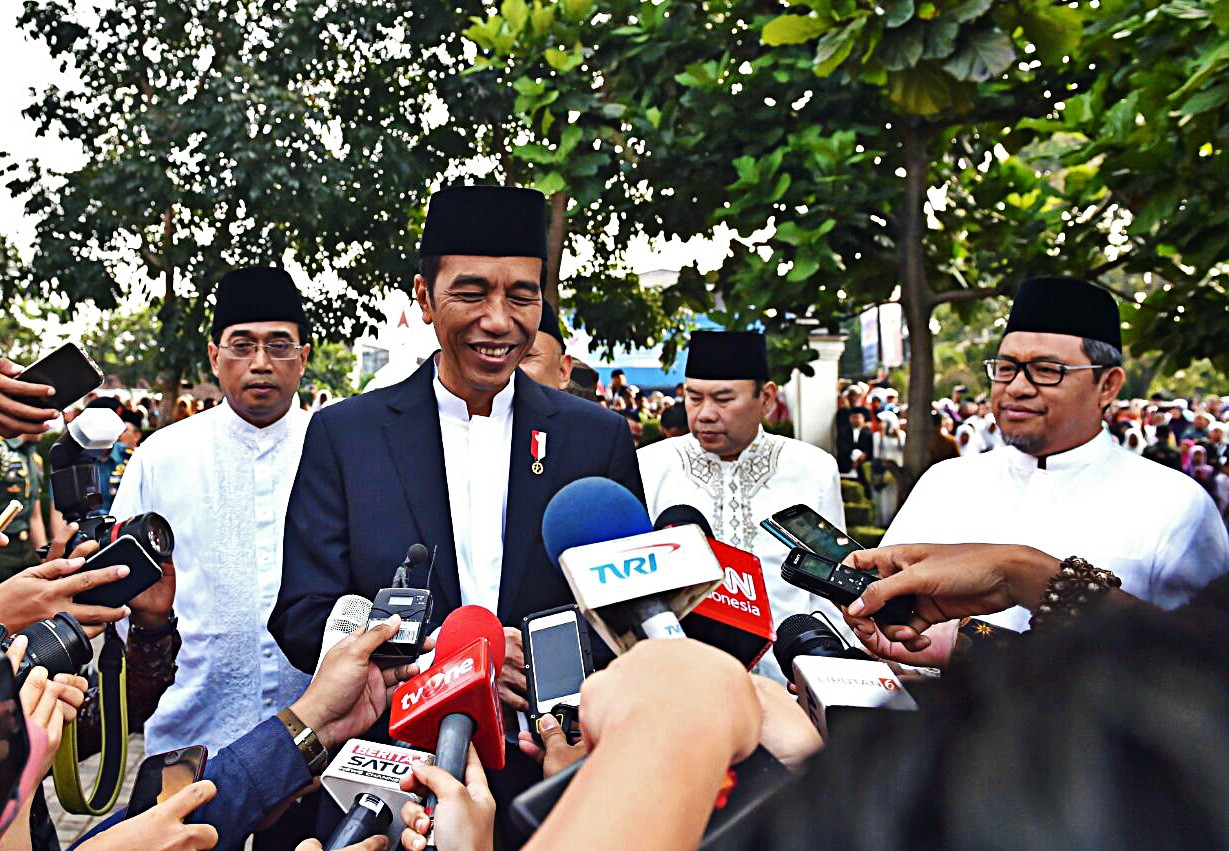 President Joko "Jokowi" Widodo (second left), accompanied by Transportation Minister Budi Karya Sumadi (left) and West Java Governor Ahmad Heryawan (right) responds to journalists' queries after performing the Idul Adha prayer in Sukabumi, West Java, on Friday. (The Jakarta Post/Anton Hermansyah)
President Joko "Jokowi" Widodo (second left), accompanied by Transportation Minister Budi Karya Sumadi (left) and West Java Governor Ahmad Heryawan (right) responds to journalists' queries after performing the Idul Adha prayer in Sukabumi, West Java, on Friday. (The Jakarta Post/Anton Hermansyah)
T
he world has yet to fully recover from the global financial crisis. Economic growth is still lackluster. Inequality continues to increase even in countries where poverty has gone down. These factors are widely seen as the main causes that have led to the rising anti-global sentiment around the globe, and prompted leaders to adopt populist and inward-looking policies. As a consequence, many elections and referendums have ended up with surprising results: Duterte, Brexit, Trump, and there may be more yet to come.
In Indonesia, such discontent has also manifested itself in rising nationalism, which in the economic sphere takes the form of (or is used as justification for) protectionism — the rejection of foreign interference and economic policies aiming for self-sufficiency in a wide range of commodities, including those of which Indonesia is a natural net importer. But economic protectionism in Indonesia has been going up and down; the recent wave in fact started to re-emerge in the early 2000s, and despite some reform initiatives, economic nationalism is in general amplified under the current administration and might continue to be so in the near future.
In the aftermath of Sukarno’s ultra-nationalistic era, Soeharto’s New Order started with a series of market-friendly reforms, supported by able technocrats under the leadership of Widjojo Nitisastro. This period of reforms included opening up the capital market, welcoming foreign investment and relaxing trade policies. But it did not last long.
The commodity boom in the early 1970s and the two oil booms in 1973-1974 and 1979-1980 brought a windfall that allowed the government to entertain the calls for protectionism in the form of import substitution, local content requirements, import licensing and export bans.
When the oil price plunged in the 1980s, gone were the bonanzas. The strained budget coupled with global recession forced the government to make a detour. From the mid-1980s to the mid1990s, Indonesia experienced bold deregulation, export promotion and devaluation. However, business groups who had grown strong in the previous, protectionist era still had their way, now joined by emerging new cronies. Import monopolies and other facilities given to these groups, especially those closest to Soeharto, continued.
Then the Asian financial crisis hit the region in 1997, plunging the Indonesian economy into an abyss. Once again, hard times forced the government to adopt more liberal policies. Import restrictions were removed, tariffs were cut and Indonesia’s involvement in international trade agreements increased.
But the interest in free trade was again short-lived. Protectionism started to creep back again in the early 2000s, beginning with restrictive measures for food crops and followed by trade regulations and licensing requirements on textiles, steel, sugar and cloves. This continued during the second term of Susilo Bambang Yudhoyono, following the 20082009 global financial crisis.




